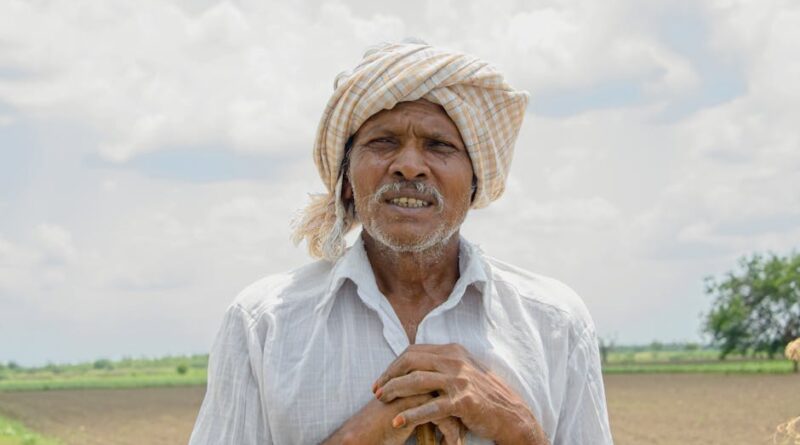Timor’s Traditional Farming Practices and Heritage
Did you know that Timor-Leste has a farming history that stretches back thousands of years? This small island nation, rich in culture and tradition, is home to unique agricultural practices. Traditional farming in Timor is not just about growing food; it’s a way of life. It connects people to their land and their heritage. Lets explore the fascinating world of Timors traditional farming practices.
What Makes Timors Farming Special?
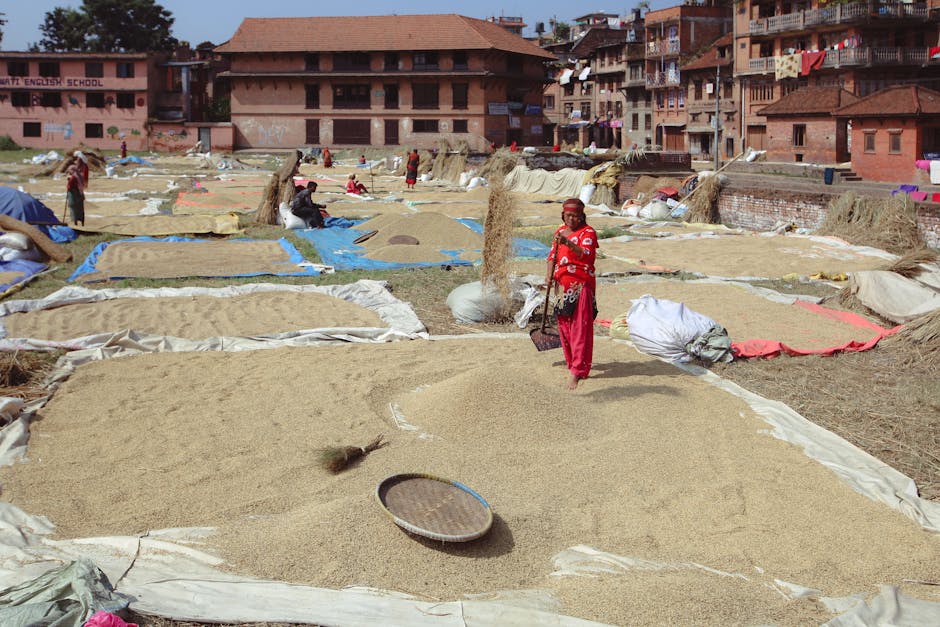
Timor’s farming is special for many reasons. First, it uses methods that have been passed down through generations. These practices are sustainable and respect the environment. Farmers work with nature, not against it.
In Timor, the land is divided into various types of farms. There are rice paddies, gardens, and fields for other crops. Each type plays a vital role in the community. For example, rice is a staple food, while other crops like maize and cassava provide variety and nutrition.
Furthermore, Timor’s farmers often use organic methods. They avoid chemical fertilizers and pesticides. Instead, they rely on natural solutions. For instance, they might use animal manure to enrich the soil. This approach not only keeps the soil healthy but also ensures that the food is safe to eat.
How Do Farmers Grow Their Crops?
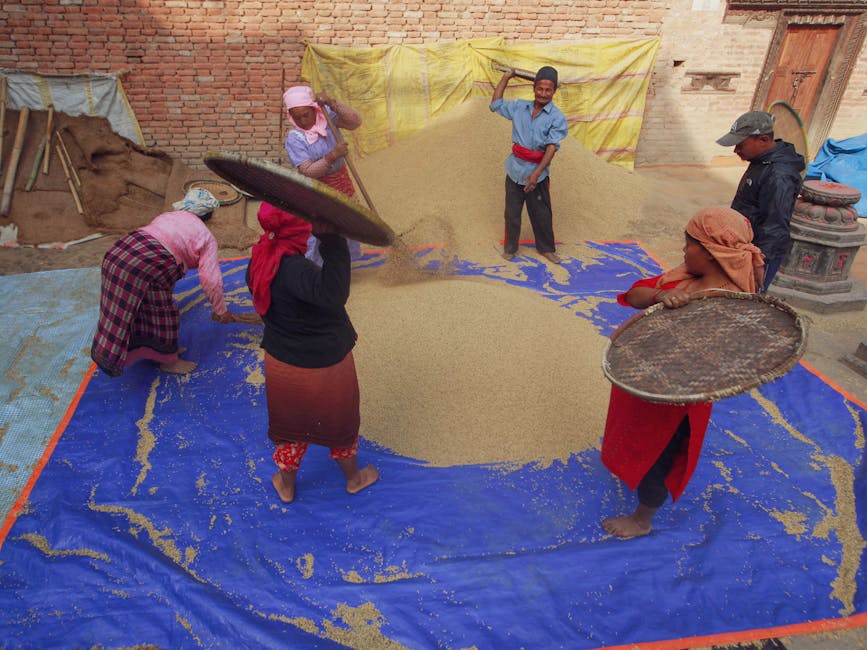
Farmers in Timor follow a seasonal rhythm. They plant their crops based on the rainy season. This timing is crucial for getting the best yield. Heres a brief look at how they grow their crops:
- Preparation: Farmers clear the land and prepare the soil. They often use traditional tools like hoes and sickles.
- Planting: Once the rains start, they plant seeds. Rice is typically planted in flooded fields.
- Maintaining Crops: Farmers regularly weed their fields. They use their hands and simple tools to keep the crops healthy.
- Harvesting: When the crops are ready, farmers gather them. This usually happens after several months of hard work.
This process shows how farmers respect the land. They understand the importance of working with nature to grow healthy crops.
What Are the Key Crops in Timor?
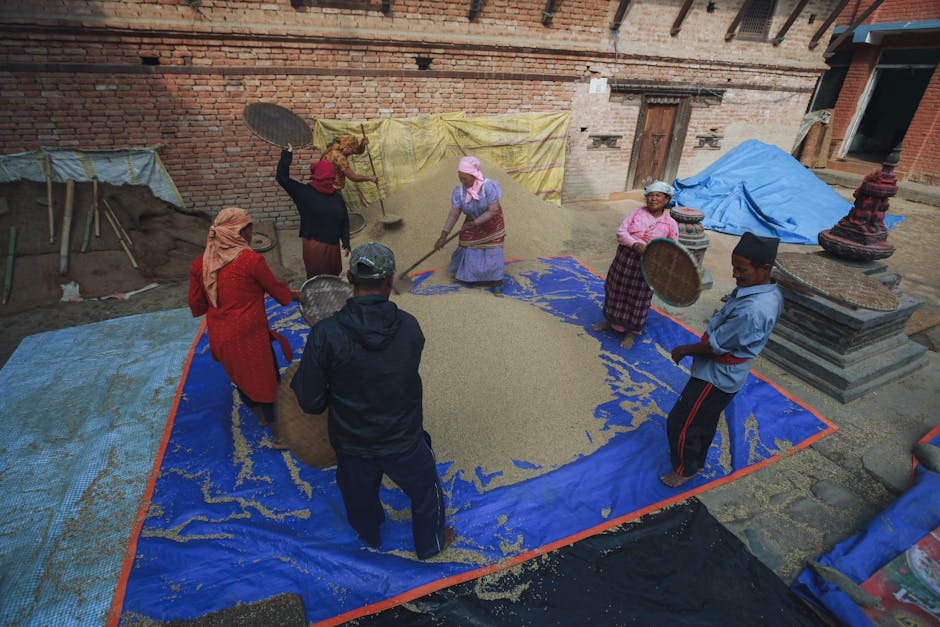
Timor is blessed with a variety of crops. Some of the most important ones include:
- Rice: A staple food that is central to many meals.
- Maize: Often used in traditional dishes.
- Cassava: A root vegetable that is popular and versatile.
- Sweet Potatoes: Another important food source.
- Fruits: Bananas, papayas, and mangos thrive in the tropical climate.
These crops not only feed families but also play a role in local economies. Farmers sell excess produce in markets, supporting their communities.
How Do Traditions Shape Farming Practices?
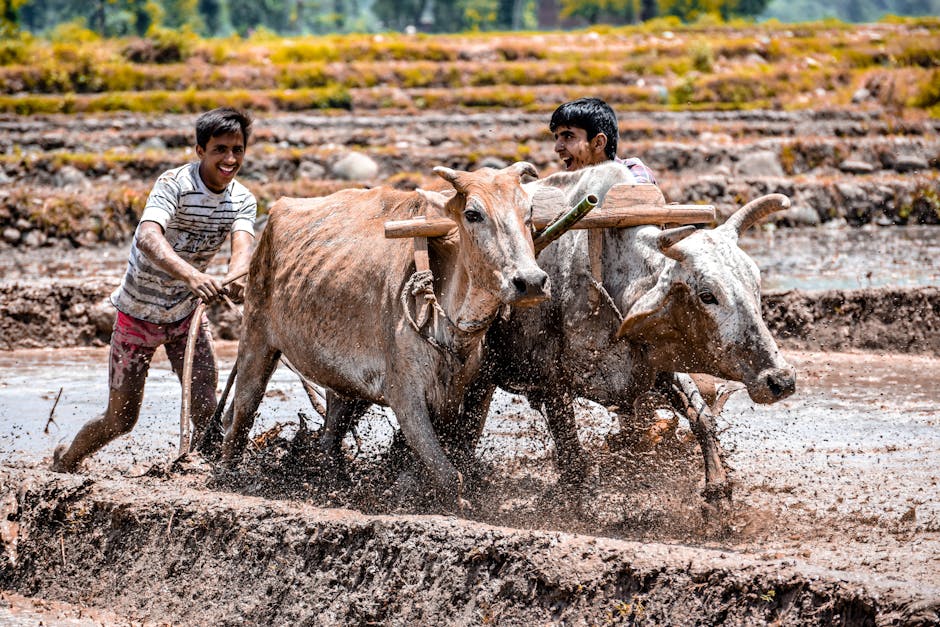
Tradition is at the heart of farming in Timor. Many farmers follow customs that have been around for generations. These traditions guide everything from planting to harvesting.
For example, some communities hold special ceremonies before planting. These rituals honor the spirits of the land and seek blessings for a good harvest. Such practices strengthen community ties and ensure that everyone plays a role in farming.
Yet, tradition is not static. Farmers adapt to changes, like climate shifts. They might try new crops or techniques while still holding on to their cultural roots.
What Challenges Do Timors Farmers Face?
Despite their rich traditions, farmers in Timor face several challenges. Understanding these obstacles is crucial for anyone interested in their farming practices.
- Climate Change: Changes in weather patterns can lead to droughts or floods, affecting crop yields.
- Lack of Resources: Many farmers struggle with limited access to tools, seeds, and training.
- Soil Degradation: Over time, soil can lose it’s nutrients, making it harder to grow healthy crops.
- Market Access: Farmers sometimes find it difficult to sell their produce at fair prices.
Addressing these challenges requires support from the community, government, and NGOs. Solutions might include better education and access to resources.
How Is Technology Helping Farmers?
Technology is starting to change the landscape of farming in Timor. While many traditional methods remain, new tools and techniques are emerging.
For example, farmers are beginning to use:
- Improved Seeds: These can lead to better yields and disease resistance.
- Irrigation Systems: These help to manage water better, especially in dry seasons.
- Mobile Apps: Some farmers use apps to track weather patterns and market prices.
By blending traditional practices with modern technology, farmers can enhance their productivity. This combination helps them face challenges head-on.
What Can We Learn from Timors Farmers?
Timors traditional farming practices offer valuable lessons. Here are some key takeaways:
- Respect for Nature: Farmers work with the environment, not against it.
- Community Focus: Farming is a communal effort that strengthens bonds.
- Adaptability: Tradition and innovation can coexist.
- Resourcefulness: Using simple tools can lead to sustainable practices.
These lessons can inspire us all, whether we are farmers or not. They remind us of the importance of community, sustainability, and respect for our environment.
How Can You Support Traditional Farming?
You might wonder how you can support traditional farming, even from afar. Here are some ideas:
- Buy Local: When possible, choose locally grown food to support farmers.
- Educate Yourself: Learn about sustainable farming practices and share this knowledge.
- Advocate: Support policies that promote sustainable agriculture and protect farmers’ rights.
Every small action counts. By making informed choices, you can help preserve traditional farming practices.
Conclusion: Celebrating Timors Agricultural Heritage
Timors traditional farming practices are more than just methods of food production. They are a vital part of the nations heritage. They connect people to their land and to each other. As we learn about these practices, we gain insight into a world of sustainability, community, and respect for nature.
If you are interested in diving deeper into sustainable farming practices, you can explore more on [FAO](http://www.fao.org/sustainable-agriculture/en/).
Lets celebrate and support the rich traditions of Timor’s farmers. Their story is one of resilience, respect, and hope for a sustainable future.
